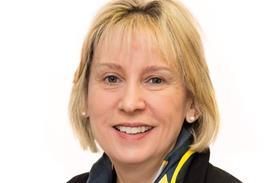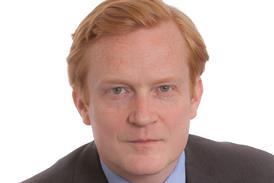A solicitor practising for more than five decades has been struck off after significantly overcharging clients in probate cases. Harold Anthony Newell, born in 1938, was admitted to the roll in November 1963.
The Solicitors Regulation Authority claimed that, as a sole practitioner at TS Barkes & Son, Newell made fee-related transfers from client to office account without providing written notification of the costs incurred and in excess of what was agreed, fair or reasonable. He subsequently failed to comply with decisions of the Legal Ombudsman, adjudications of the SRA and/or the court and to disclose material information to his professional indemnity insurer.
Newell told investigators that on probate matters his standard practice was to charge the lower of £150 per hour or 1% of the gross estate. The firm charged £175 per hour (plus VAT) for complex matters. However, the tribunal was told of cases where the settled invoices represented overcharges as high as 228%.
Newell said 'he had always tried to comply with the spirit of the rules but would often be under too much pressure of work to deal with the formalities'. In 2008 he had three heart attacks in four days. 'Ill health and physical ailments' continued for eight years. He had open heart surgery in 2015. With probate matters Newell 'always made it his practice to make payments on account to beneficiaries during the administration period. The beneficiaries who had complained would have had as much as 95% of their share and there had been minimal impact on them'.
Newell said he had 'not knowingly ignored' any decisions or other matters from the ombudsman, and had not deliberately attempted to not disclose material information to his insurer.
However, the tribunal said Newell's actions 'resulted in his clients paying without prior notification greater fees than had been agreed and/or were fair and reasonable. None of the files showed any evidence of the work actually carried out and no attendance notes and his clients, whether they were exeucutors or his co-executors, would have had any information on the true costs of his work'.
The tribunal said a solicitor acting with integrity 'would have actively managed his workload, engaged effective assistance and prioritised his dealings with the LeO and county court. On his own account he had let the papers build up on his desk and then sought to shift the responsibility to junior staff for not adequately bringing them to his attention'.
Newell did not attend the hearing and was unrepresented. In a letter to the tribunal, he said: 'I do not wish to show any disrespect to the members of the tribunal but in my present state of mind and my heart problems I could not face three days before the tribunal and run the risk of collapsing in the process.'
Newell was struck off the roll and ordered to pay £44,118.10 costs.


























